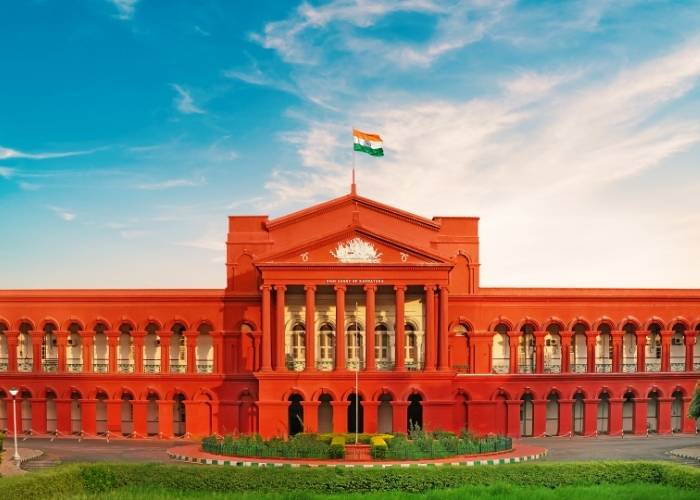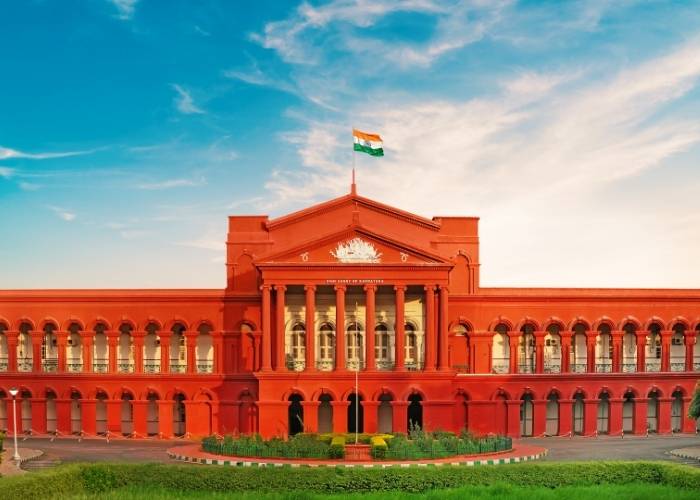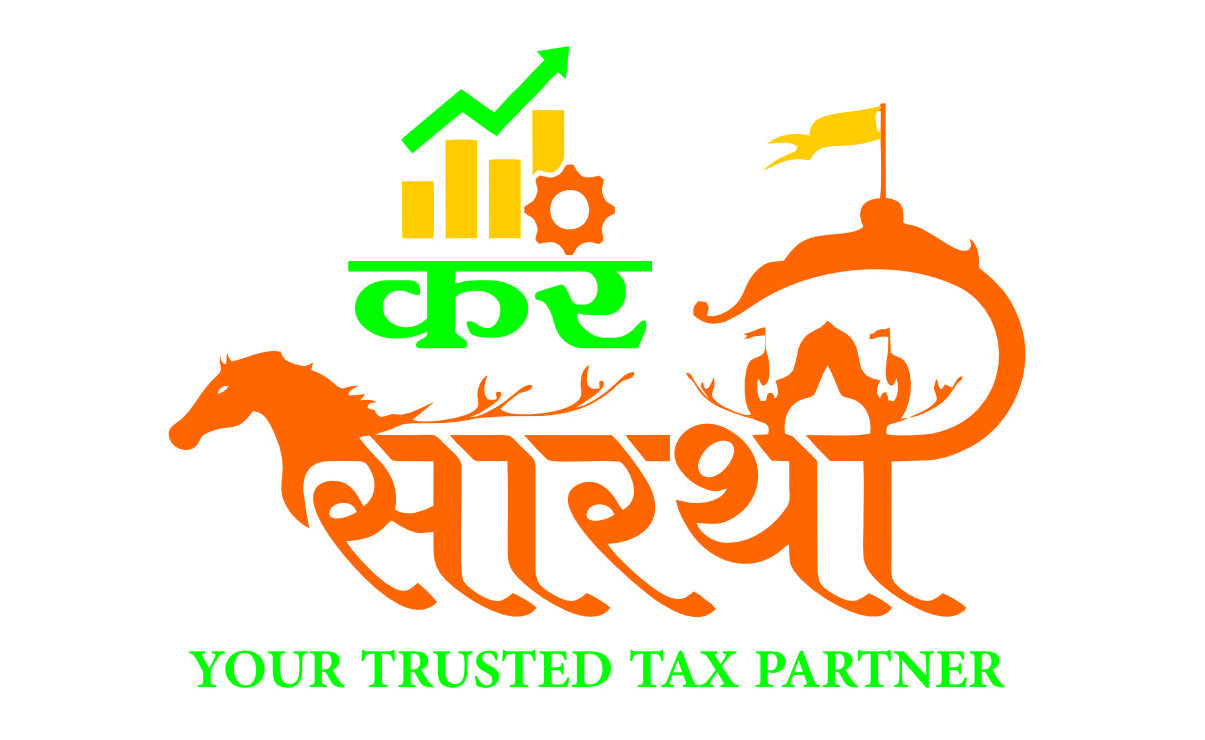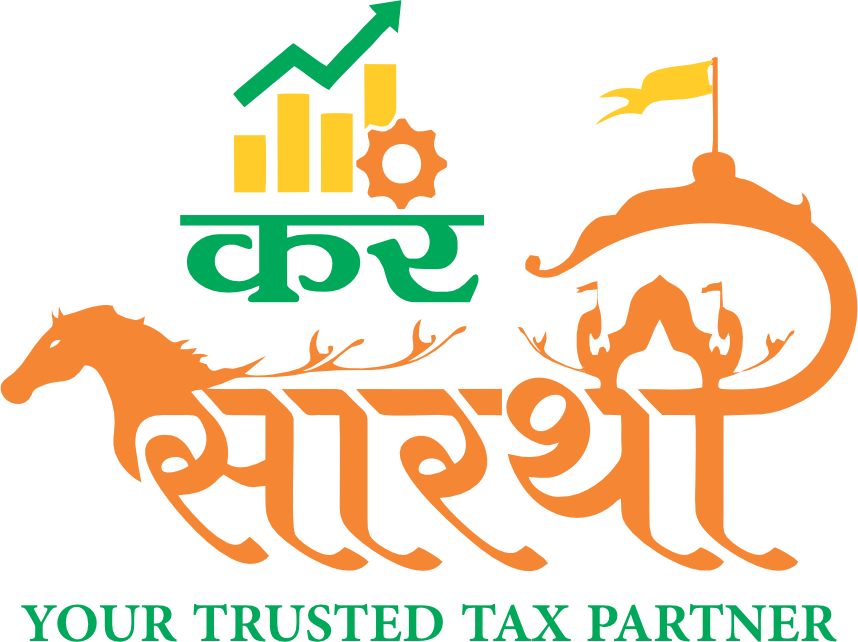Allahabad High Court Rules Purchasers Not Liable for Supplier’s GST Defaults

The Allahabad High Court delivered a significant judgment on May 30, 2025, in the case of M/s R.T. Infotech versus State Tax Authorities, establishing that purchasers cannot be held responsible for their suppliers’ GST filing defaults.
This landmark ruling provides crucial relief under Section 16(2)(c) of the Central Goods and Services Tax Act.
The court determined that Input Tax Credit should be allowed even when suppliers fail to meet their GST obligations.
The judgment specifically addressed situations where buyers have fulfilled their payment obligations through legitimate banking channels, holding that such compliance should not be undermined by suppliers’ subsequent defaults in tax filing procedures.
Under this ruling, the court accepted payment made via the Reverse Tax Collection at Source mechanism and established that buyers cannot be held accountable for their suppliers’ GST filing responsibilities.
The decision emphasises that purchasers who maintain proper documentation and follow prescribed payment procedures should not face penalties for circumstances beyond their control.
The judgment builds upon precedents established in earlier cases, including Suncraft Energy Private Limited decided by the Supreme Court in 2023 and D.Y. Beathel Enterprises adjudicated by the Madras High Court in 2022.
These cases collectively strengthen the legal framework protecting genuine taxpayers
हिंदी में जाने
इलाहाबाद हाईकोर्ट का ऐतिहासिक फैसला: खरीदार अब सप्लायर के GST डिफॉल्ट के लिए जिम्मेदार नहीं

📅 फैसला दिनांक: 30 मई 2025
🧑⚖ मामला: M/s R.T. Infotech बनाम राज्य कर अधिकारी (State Tax Authorities)
📍 कोर्ट: इलाहाबाद उच्च न्यायालय
🔷 फैसले की मुख्य बातें:
- खरीदार सप्लायर के GST डिफॉल्ट के लिए जिम्मेदार नहीं
कोर्ट ने स्पष्ट किया कि यदि खरीदार ने वैध तरीके से भुगतान किया है और सभी आवश्यक दस्तावेज उपलब्ध हैं, तो वह सप्लायर द्वारा GSTR दाखिल न करने या टैक्स जमा न करने के लिए जिम्मेदार नहीं ठहराया जा सकता। - CGST अधिनियम की धारा 16(2)(c) की व्याख्या
इस धारा के तहत इनपुट टैक्स क्रेडिट (ITC) पाने के लिए शर्त रखी गई है कि सप्लायर ने टैक्स का भुगतान किया हो।
लेकिन कोर्ट ने कहा कि ईमानदार खरीदार, जिसने भुगतान बैंकिंग चैनलों के ज़रिए किया है, उसे इस शर्त की वजह से वंचित नहीं किया जा सकता। - Reverse Tax Collection at Source (TCS) स्वीकार्य
कोर्ट ने Reverse TCS के ज़रिए हुए भुगतान को वैध माना और कहा कि इस व्यवस्था में खरीदार का उत्तरदायित्व पूरा हो जाता है। - दस्तावेज़ और प्रक्रिया का पालन ही पर्याप्त
कोर्ट ने ज़ोर दिया कि यदि खरीदार ने:
बिल/इनवॉइस लिया है
बैंक से भुगतान किया है
GST रजिस्ट्रेशन वाले सप्लायर से खरीद की है
तो यह दिखाता है कि उसने अपनी जिम्मेदारी पूरी की है। सप्लायर के टैक्स फाइल न करने की वजह से उसे दंडित नहीं किया जा सकता।
🔷 पहले के मामलों से समर्थन:
- Suncraft Energy Pvt. Ltd. बनाम GST अधिकारी (Supreme Court, 2023)
सुप्रीम कोर्ट ने कहा था कि खरीदार का ITC रोकना तब उचित नहीं जब उसने अपनी सभी कानूनी जिम्मेदारियां निभा दी हों।
- D.Y. Beathel Enterprises बनाम राज्य (Madras High Court, 2022)
मद्रास हाई कोर्ट ने कहा था कि टैक्स की वसूली सप्लायर से की जानी चाहिए, न कि खरीदार से।
🔷 इस फैसले का महत्व:
ईमानदार व्यापारियों को राहत: यह फैसला उन व्यापारियों के लिए बड़ी राहत है जो सप्लायर के कारण ITC खो बैठते थे।
टैक्स प्रशासन में संतुलन: यह स्पष्ट करता है कि टैक्स वसूली का बोझ केवल खरीदार पर नहीं डाला जा सकता।
वित्तीय पारदर्शिता को बढ़ावा: बैंकिंग चैनल से भुगतान करने और दस्तावेज सुरक्षित रखने की वैधता को न्यायिक मान्यता मिली।
🔷 व्यावहारिक असर:
अब अगर सप्लायर GSTR-1 या GSTR-3B नहीं भरता, तो भी खरीदार का ITC नहीं रोका जा सकता, बशर्ते कि उसने वैध तरीके से लेनदेन किया हो।
टैक्स अधिकारी केवल उसी स्थिति में ITC रोक सकते हैं जब खरीदार खुद फर्जी बिल, बिना सप्लाई, या बेनामी फर्मों से खरीदारी करे।

